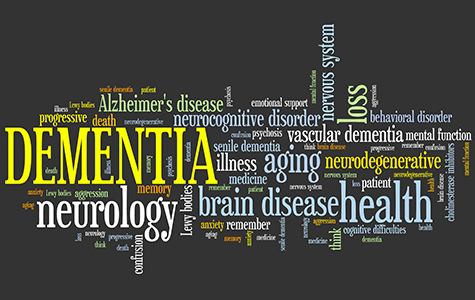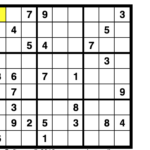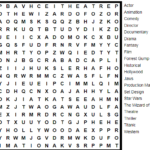 Aaron Ritter, MD, a neuropsychiatrist and our Director of Clinical Trials at Cleveland Clinic Lou Ruvo Center for Brain Health explains the history and terms used to define brain decline and memory loss:
Aaron Ritter, MD, a neuropsychiatrist and our Director of Clinical Trials at Cleveland Clinic Lou Ruvo Center for Brain Health explains the history and terms used to define brain decline and memory loss:
This is probably the most frequent question I get from patients, family members and the media. It’s a really good question because the answer has actually changed over the past 30 years as we have begun to understand how the brain ages.
Dementia Defined
First, let’s start with a definition. Dementia is a term to describe a person who is experiencing a decline in thinking (also called cognition). For a person to be considered to have a dementia, he or she must have such difficulties in their thinking that they can no longer perform everyday activities like taking medications, preparing meals or bathing and hygiene without assistance. While dementia is most often associated with memory loss (particularly short term), people with dementia may also experience problems in their ability to speak, solve problems or control behavior.
Is dementia a normal part of aging?
For a long time it’s been well known that a certain percentage of people develop dementia as they age. The ancient Egyptians wrote about memory loss in the elderly thousands of years ago. And, until the last 30 years or so, it was thought that dementia was a “normal” part of aging, often called “senile dementia”. Thanks to scientific advances that have made it easier to study the brain, it is now clear that dementia is caused by neurological disease and is not a normal part of aging.
Is it Alzheimer’s?
Alzheimer’s is the most common cause of dementia but not the only one. Relatively common diseases like Lewy body disease, strokes and Parkinson’s disease can all cause dementia. Other more rare diseases like Huntington’s and Creutzfeldt-Jakob can too.
As we look to find better treatments for dementia, identifying the cause of a person’s dementia has become even more important. Brain scans, memory tests and a clinical evaluation can help make the right diagnosis.









